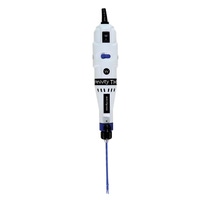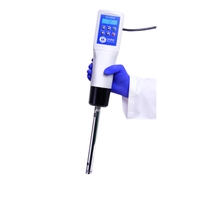
Hard Tissue Omni Tip plastic homogenizing probe
A popular solution for labs processing hard or frozen tissue samples. Also available as a sterile electron bream-treated option.
A popular solution for labs processing hard or frozen tissue samples. Also available as a sterile electron bream-treated option.
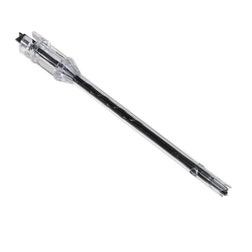
Sort Tissue Omni Tip plastic homogenizing probe, 7 mm
Solution for labs looking to process and homogenize liquids, soft tissues, or other samples that require more gentle processing.
Solution for labs looking to process and homogenize liquids, soft tissues, or other samples that require more gentle processing.
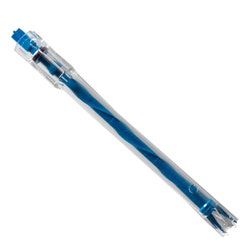
Omni Tip plastic homogenizing probe, 12 mm
Suitable for labs looking to homogenize samples, whose hardness and size dictates that processing with the 7 mm diameter tip is not strong enough.
Suitable for labs looking to homogenize samples, whose hardness and size dictates that processing with the 7 mm diameter tip is not strong enough.
Omni Tip plastic generator probes for rotor-stator homogenizers
Omni Tip plastic probes are compatible with our handheld homogenizers and automated homogenizer workstations alike. They are made from durable plastics and are cost-effective solutions for those who are looking to significantly reduce risk of cross-contamination with a single-use, plastic homogenizing probe that is also economical and easy to use (only 2-part assembly) as an alternative to stainless steel homogenizing probes that require multi-part cleaning and assembly between each use.
These probes are compatible as-is with the Omni THQ handheld units and are compatible with other hand-held units with their respective adapters. Some handheld homogenizer packages may already include specified sets of Omni Tip plastic generators and an adapter. Three different homogenizing probes are available to help maximize homogenization of your lab samples to volume and type of samples being homogenized. Connect with us if you have decided on rotor-stator homogenization as the method of choice for your application that works for your throughput, time spent cleaning, and your level of concern for cross-contamination for your laboratory application.
Featured rotor-stator homogenizers
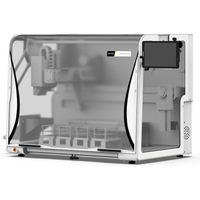
Homogenizers to grow your lab throughput

































